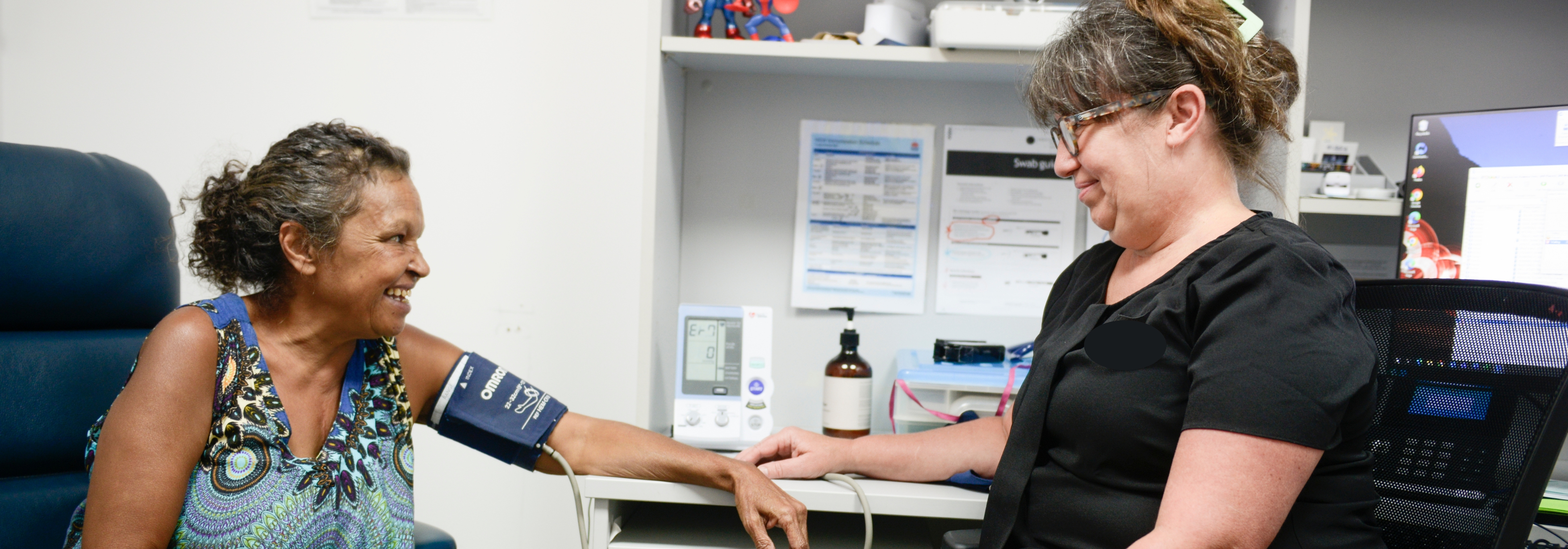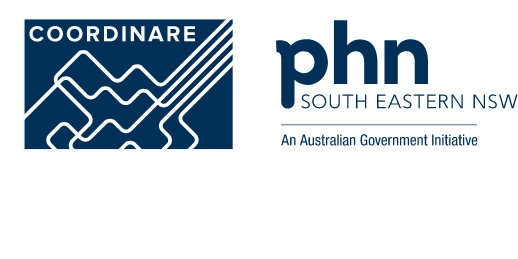
New partnership to improve Cervical Screening for Aboriginal Women in Illawarra Shoalhaven
6 August 2025
A new partnership of locally based health organisations has been formed to reduce the impact of cervical cancer and increase cervical screening participation among Aboriginal women in the Illawarra Shoalhaven region. The partnership aims to support consumer choice and ensure Aboriginal women can access culturally safe services within a mainstream setting.
The Cancer Institute of NSW has awarded a Cervical Screening Community Engagement Grant to support this important initiative. The partnership will include COORDINARE – South Eastern NSW PHN, Grand Pacific Health, local GPs, and Aboriginal Health Workers working closely with Aboriginal Community Controlled Health Organisations (ACCHOs), Aboriginal community and Elders, to co-design and deliver a culturally safe, community-led approach.
COORDINARE's Acting CEO Andrew Gow said, the data shows a pressing need for action.
“Only 47% of Aboriginal and Torres Strait Islander women nationally participate in cervical screening, compared to 68% of non-Indigenous women,” Mr Gow said. [1]
“As a result, Aboriginal women have twice the incidence and 3.7 times the mortality rate for cervical cancer.” [2]
The Illawarra Shoalhaven region is home to 9.8% of the total Aboriginal population in NSW, with large local communities in Shoalhaven (26% of the region’s Aboriginal population) and Wollongong (24.6%).
COORDINARE’s Aboriginal Health Consultant, Taneka Longbottom said, "Each partner in this initiative brings valuable knowledge and connections to support a united effort to boost screening rates.
“Cervical cancer is one of the most preventable cancers and having a cervical screening test every five years is the best way to reduce the impact of cervical cancer in Aboriginal communities," she said.
With 14 years’ experience as an Aboriginal Health Worker, Ms Longbottom has advocated to ensure Aboriginal voices and community are at the heart of this initiative.
As part of this project Aboriginal women will be invited to come together to talk about cervical screening. Through yarning and storytelling, a facilitator will guide the way to understand and shape culturally safe approaches. A female Aboriginal artist will participate in the yarning circles, listening to the stories and wisdom shared, and will create an artwork that reflects these voices. This artwork will become the heart of a campaign to raise awareness and start conversations about cervical screening in community. Aboriginal women will have the opportunity to participate in yarning circles, or to apply to be the facilitator or artist. Expressions of Interest are now open for the artist role and the facilitator role.
The project will also include locally co-designed educational materials, using storytelling, art, and cultural knowledge; Aboriginal women’s health and screening days led by trusted local health workers; and GP education to improve cultural safety.
“This initiative is designed to be both impactful and sustainable,” added Mr Gow.
“Through strong collaboration with Aboriginal community as well as ongoing professional development for the health sector, this program has the potential to be replicated across the broader region and help close the gap in cancer outcomes for Aboriginal women,” he said.
*1 Australian Institute of Health and Welfare. (2023). Indigenous primary health care: Results from the OSR and nKPI collections—Cervical screening (PI22). AIHW. https://www.aihw.gov.au/reports/indigenous-australians/indigenous-primary-health-care-results-osr-nkpi/contents/nkpi-preventative-health-indicators/cervical-screening-pi22
*2 Australian Institute of Health and Welfare (AIHW). (2024). Cervical screening in Australia 2024. Cancer
series no. 163. Cat. no. CAN 142. AIHW. https://www.aihw.gov.au/reports/cancer/cervical-screening-in-australia-2024
